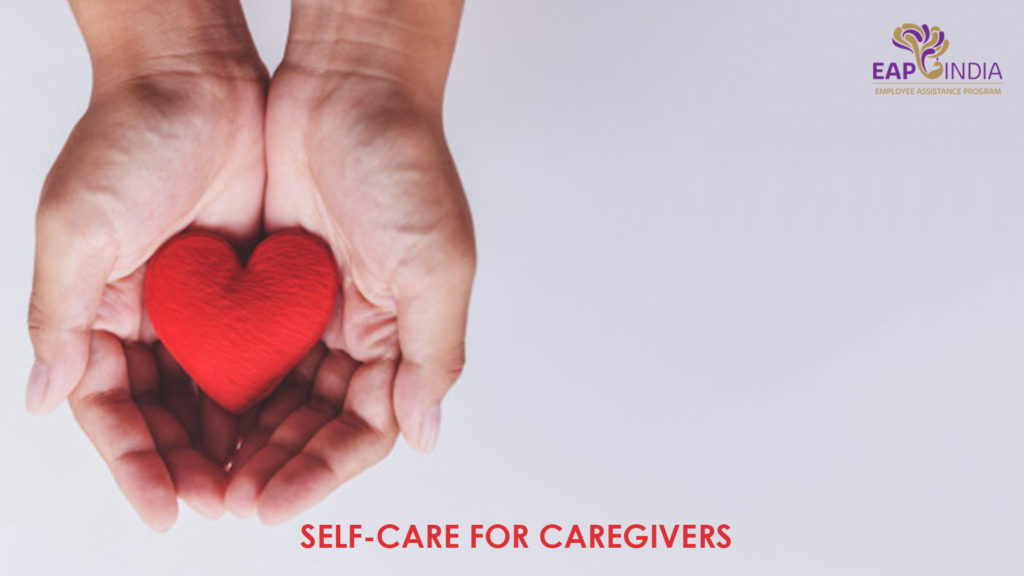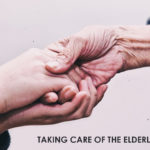Care-giving can be emotionally and physically exhausting.
This is a common example of why self-care for caregivers is important. While giving instructions for safety in any flight, the air-hostess tells in case of emergency, please put the oxygen mask on yourself first before assisting anyone else.
Only when we help ourselves can we help others. When our needs are taken care of, only then the person we care about will benefit.
Effects Of Care-Giving On Health & Well-Being
Repeated exposure to stress is harmful to mental and physical health. Regardless of the age, gender and ethnicity, caregivers report problems of their own health and well-being while managing care giving responsibilities. There are some effects of caregiver burnout on the caregivers’ health and well-being:
- Sleep deprivation
- Poor physical mobility
- Poor dietary habits
- Failure to make medical appointments for their own selves.
- Weakened immune system
- Chronic illness such as high cholesterol, high BP, tendency to be overweight.
What can caregivers do to reduce their burnout levels and prioritize their health first when they are experiencing burnout?
Following are a few self-care activities that might come in handy and useful to use in your everyday routine if you or anyone you know is a caregiver for someone else.
The activities are divided into 3 categories for better understanding:
- Physical Care
- Exercising helps relieve muscle tension. Stretching increases blood flow in your body, it helps in preventing back pain, relaxes your muscles and encourages overall stress relief.
- Often when we do too much in a day, we tend to feel exhausted. Try to sleep for a minimum of 7-8 hours. Having a regular sleep pattern reduces stress, reduces any form of headaches.
- Remember to hydrate yourself during the day. Your body needs enough water to function properly.
- Eating nutritious food is the best way to maintain your health and energy.
- Mental Care
- Remember to take breaks often during the day. Take a minimum of 20 minutes break every two to three hours. Sometimes, stepping out in the garden, or sitting in your balcony for fresh air, helps restore mental activity and increase creativity.
- Write a gratitude journal. Practicing gratitude whenever you feel burnout or even in your daily life has some positive effects on your entire health.
- Colouring books or creating art helps in reducing stress and increases mental activity.
- Spending time with family or staying connected has scientifically been proven to improve your health and overall outlook. Your brain produces oxytocin – a hormone that calms your nerves & prevents surge of stress hormones.
- Emotional Care
- If you’re a religious person, find solace in your religion. Regular attendance in any support groups have been linked to improvements in emotional health.
- One of the best things you can do to yourself is pursuing your passions. Carve out time to relax and recharge by following your hobbies.
- Our emotions are messages to which we need to listen. They exist for a reason. Negative as well as positive emotions teach us something, they contain important messages. Learn from your emotions.
- If you’re struggling with an emotional roller coaster that comes along with care-giving, talk to someone who can help you. Talk to a professional. Seek help and don’t hesitate.
Conclusion
On the one hand, caring for your family member demonstrates love and commitment and can be a very rewarding personal experience. On the other hand, exhaustion, worry, inadequate resources, and continuous care demands are enormously stressful. There are several apps available for caregivers to help manage their and their patient’s health.
It is not selfish to focus on your own needs and desires when you are a caregiver—it’s an important part of the job. You are responsible for your own self-care.




